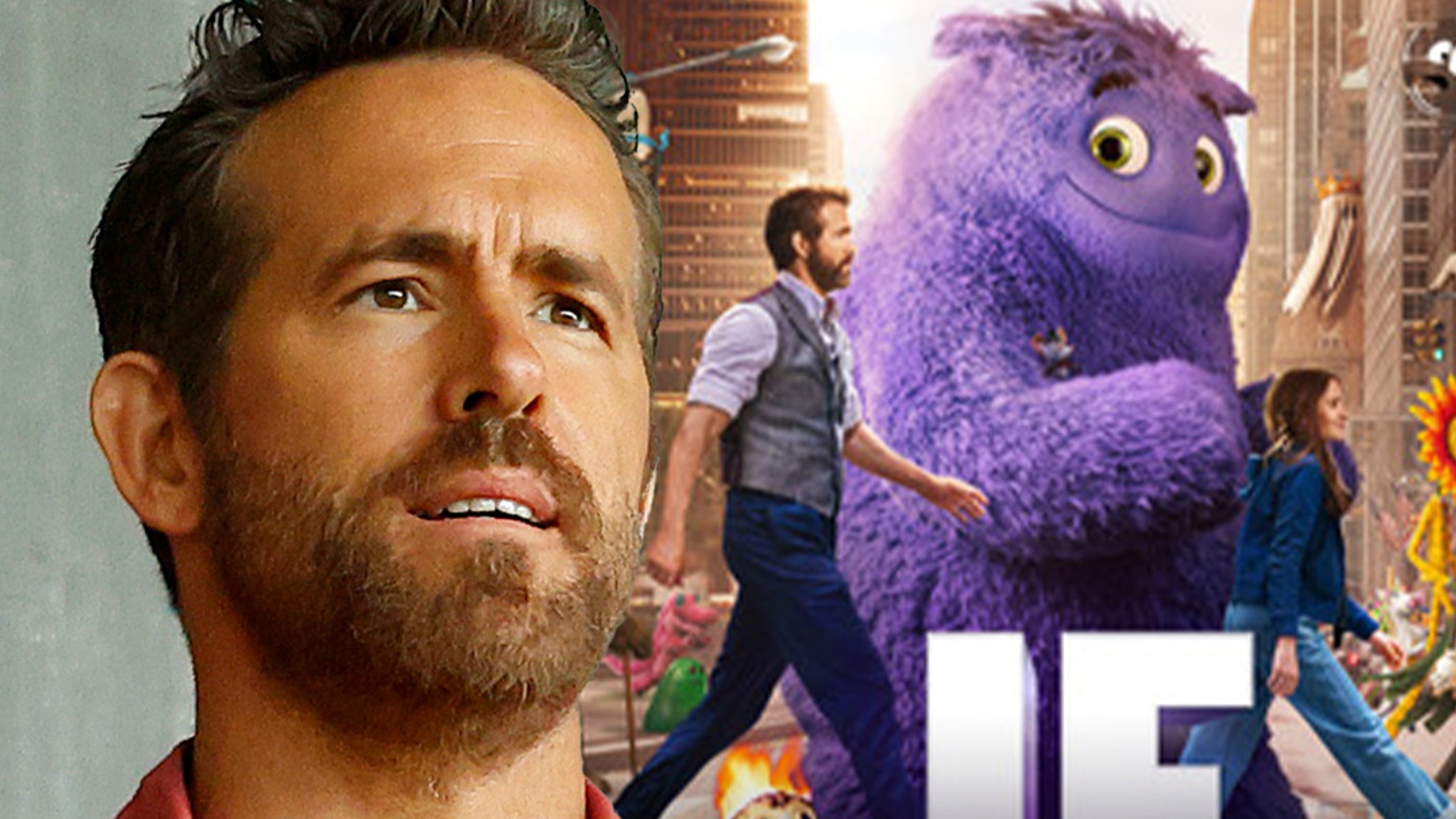Culture
Three Daughters, Three New Memoirs About Mothers

DID I EVER TELL YOU?: A Memoir, by Genevieve Kingston
THE MANICURIST’S DAUGHTER, by Susan Lieu
WHERE RIVERS PART: A Story of My Mother’s Life, by Kao Kalia Yang
Mothers rarely reveal themselves fully to their growing children. Who would it serve, after all, to pull back the curtain on the woman-in-charge and reveal a fumbling human? Like the Wizard of Oz, moms don’t always know how things work, but let’s not scare the kids.
Kristina Mailliard, the mother at the center of Genevieve Kingston’s wrenching memoir, DID I EVER TELL YOU? (Marysue Rucci Books, 288 pp., $28.99), had no choice but to jettison the fantasy early. Diagnosed with breast cancer at 40, when Genevieve was 3, she died eight years later, leaving 11-year-old Genevieve (Gwen) and her older brother, Jamie, knowing too much about her and not nearly enough. Kingston saw the fall that broke her spine when the cancer had colonized her bones and accompanied her parents to the town where Kristina attended a “spiritual healing” group. She was 6 when her mother learned that she wasn’t expected to live out the year. Kristina defied the predictions, but new end-dates kept coming, exacerbating family tensions. “It was exhausting,” Kingston writes, “spending every moment together, living every day to the fullest.”
Also hard: watching her mother spend hours assembling boxes of letters and keepsakes for her son and daughter to open on milestone days until each turned 30. “I began to hate the boxes,” writes Kingston, who ached for her mother’s full attention instead. “How could the boxes be more important to her than I was?” She opens each package on schedule as the book progresses, cherishing the baubles and words of encouragement, yet there’s a hollowness to the ritual. “The person I needed to call upon for help in unsnarling the tangle of my life was not the smiling, gentle mother wrapping birthday gifts,” she writes, adding, “I needed all of my mother, not only the softest pieces.”
As it turned out, Kristina had left behind some rough edges as well — raw, confessional videotapes her kids stumbled across in the attic, and her longtime therapist, who’d agreed to answer questions if Gwen and Jamie asked. Both helped Kingston see the rage and terror her mother had papered over, as well as the steely will she’d summoned to keep going.
Like Kingston, Susan Lieu was 11 when her mother died. But there were no bread crumbs showing the way when she set out to better understand the woman she’d lost. In THE MANICURIST’S DAUGHTER (Celadon, 320 pp., $30), an expansion of her one-woman show “140 Pounds: How Beauty Killed My Mother,” Lieu recounts her family’s desperate journey from southern Vietnam to Northern California in the 1970s. There, her mother, Má, built two successful nail salons, employing her husband as well as various relatives to help out.
Sharp-tongued and ambitious, Má had little free time to spend with her four children. (Lieu was the youngest.) And then, at 38, Má was gone — killed by a tummy tuck gone wrong. The family shut down, mentioning Má only on the anniversary of her death. Lieu coped and excelled academically, but she developed eating issues and the hole at her core grew along with her questions. Why did Má feel the need for cosmetic procedures, she wondered, “when she had gotten the American dream and then some”? Lieu’s family had no patience for her explorations. “How come you want to talk about sad things?” one relative asks. “What about happy things?”
In a somewhat overstuffed narrative, Lieu lurches from salvation to potential salvation: a cult while she was at Harvard, information-seeking trips to Vietnam, a failed attempt to hold the surgeon who killed her mother responsible. The answers she finally arrives at feel anticlimactic: “Why did she want to get plastic surgery?” Lieu asks a psychic named Cindy.
“Because she thought it would look pretty,” Cindy replies. “She was a beautiful woman, and she thought she would feel better.”
In the book’s stronger moments, Lieu illuminates the daily grind — and drive — of her immigrant parents’ experience. She also shows the societal body-shaming that finds its way into so many mother-daughter bonds: “Even when I dress my body, I think about her,” Lieu writes. “I know which pieces fit a little too snugly, the ones that make me feel too self-conscious to wear. This makes me feel especially guilty because that kind of thinking killed her.”
Kao Kalia Yang’s mother, Twsb Muas — the subject of Yang’s memoir WHERE RIVERS PART (Atria, 336 pp., $28.99) — married her husband, Npis, soon after meeting him, while both were fleeing the Hmong genocide in 1970s Laos. The couple still live in the Minnesota town where they raised their seven children. But Twsb left her own mother and siblings behind the day she cast her lot with the handsome stranger Npis, and Yang grew up feeling the absence of that maternal relationship. She tells Twsb’s incredible story in the first person, as if inhabiting it herself: the months on the run in the Laotian jungle; the years spent in a Thai refugee camp where hunger and despair drove her mother to attempt to end her own life; and, ultimately, the disappointment with the impoverished man she’d abandoned everything for.
Life in America, where Yang’s parents landed in the 1980s, proved trying in ways both novel and familiar. Undereducated and facing barely concealed racism, the couple worked long hours at factory jobs. Consumer goods beckoned; there’s an unforgettable description of the family’s visit to the Mall of America, where even “the air smells new and manufactured” but only the necessities were within reach.
Yang clearly spent long hours listening to her mother’s memories for this book — many of them, no doubt, hard for a daughter to hear. “I am lucky that I get to be your daughter in this lifetime,” she writes. “In all the lifetimes to come, if I get to choose, let me be your daughter again.”
Twsb never saw her mother again after that long-ago day in the jungle, but she gave her own girl the best gift of all: her whole self.





















